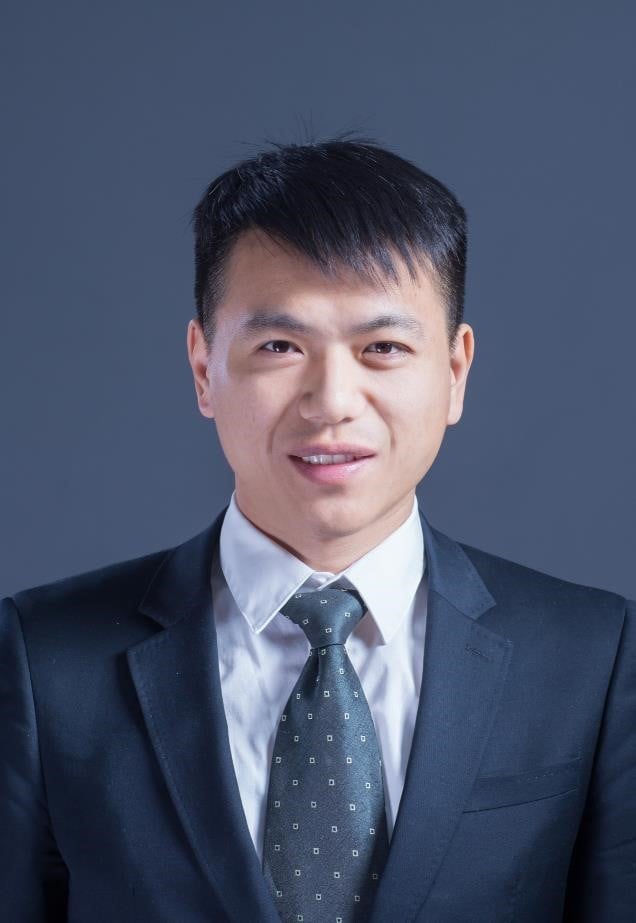Symmetry 2022 Young Investigator Award—Winner Announced
We are pleased to announce the winner of the Symmetry (ISSN: 2073-8994) 2022 Young Investigator Award—Prof. Dr. Yao Chen.
|
|
Name: Prof. Dr. Yao Chen Interests: Advanced structures, computational symmetry, computational mechanics, and mechanics of materials. Website: https://civil.seu.edu.cn/2014/0513/c1269a93787/pagem.htm |
Prof. Dr. Yao Chen was born in 1986, obtaining his bachelor’s degree and Ph.D. at the Southeast University in 2007 and 2014, respectively. He then became an Associate Professor of Southeast University in 2017 and a Full Professor in 2020. During these years, he has made academic visits to the University of Cambridge, Tokyo University, MIT, Caltech, etc., and obtained the Humboldt Research Fellowship in 2018–2020. Currently, he is a committee member of IASS WG6, WG13, and ASCE/EMI. His research interests include advanced structures (e.g., tensegrity, origami, kirigami, deployable structures), computational symmetry methods (e.g., group theory, graph products), computational mechanics, and the mechanics of materials.
Please join us in congratulating Dr. Yao Chen for his outstanding achievements.
We would like to thank the award committee for their excellent work in the hard task of selecting a winner from such a large number of excellent candidates. We also thank all the nominees from various fields for their participation. We will continue to reward young scientists with the Young Investigator Award and wish them every success in their careers.
For more information about Symmetry awards, please refer to the following link: https://www.mdpi.com/journal/symmetry/awards.
The following is a short Q&A with Prof. Dr. Yao Chen:
1. What does your current research concern and why did you choose this field?
My current research project is about novel design and folding behavior of origami-inspired structures, which has been supported by the NSFC of China and the Humboldt Research of Germany. Because origami neatly describes the mathematics and mechanics of an ancient art about folding paper in China and Japan, it exhibits remarkable geometric transformations, periodic symmetry, programmable stiffness, negative Poisson's Ratio, etc. Owing to these characters, origami structures and metamaterials can be extensively applied into different fields, including engineering structures, solar panels, mechanisms and robotics, and flexible electronics.
2. Which research topics do you think will be of particular interest to the research community in the coming years?
Robust and intelligent design using AI, 3D printing, novel structures and materials.
3. Have you ever encountered any difficulties when conducting your research? How did you overcome them?
Yes. There will always be certain difficulties in our scientific research. Do not lose heart, do not be timid. Just investigate carefully and seek comments and suggestions from others. Then, analyze and solve the problem.
4. What qualities do you think young scientists need today?
We need qualified scientists with carefulness, strictness, professional responsibility, team-spirit and the ability to cooperate, plan short and long-term, etc.
5. Symmetry is an Open Access journal. How do you think Open Access journals impact authors?
Symmetry is a well-renowned international journal. I’ve known about this journal for 12 years and noticed many well-known researchers and experts from Symmetry who published their work in this journal. In my view, Open Access journals are much more conducive to reading, citing and sharing. Thus, new research results published by OA journals can be efficiently and easily noticed. However, it is necessary to strictly control the quality of submitted manuscripts and pay attention to the improvement of the overall reputation for each OA journal.
